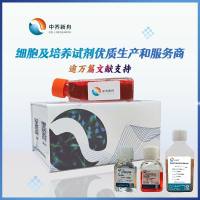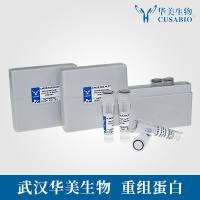Identification of Novel Pathogenicity Genes by PCR Signature-Tagged Mutagenesis and Related Technologies
互联网
685
Microbial pathogens possess a repertoire of virulence determinants that make unique contributions to bacterial fitness during infection. In this chapter, we focus on the recent progress and adaptations of signature-tagged mutagenesis (STM) by PCR instead of hybridization. This is a PCR-based STM mutation-based screening method using a population of bacterial mutants for the simultaneous identification of multiple virulence genes in microbial pathogens by negative selection. Modifications of STM developed in our laboratory have been applied to Pseudomonas aeruginosa PAO1. Screening of a collection of 6912 STM mutants in the rat chronic lung model of infection identified 214 P. aeruginosa STM mutants defective in virulence. For further studies, and to illustrate better the strategies that need to be utilized, we present detailed analysis of nine selected STM mutants. The data obtained indicate that in vivo, defects in virulence give a wide variety of phenotypes: defects in known virulence factors have been found, thereby validating the method; defects have also been found in orthologs with predicted functions, and in some genes whose functions cannot be predicted from databases. A general strategy and a simple scenario is discussed using the nine STM mutants selected for further characterization. PCR-based STM represent a genomics-based method for in vivo high-throughput screening of new virulence factors.









